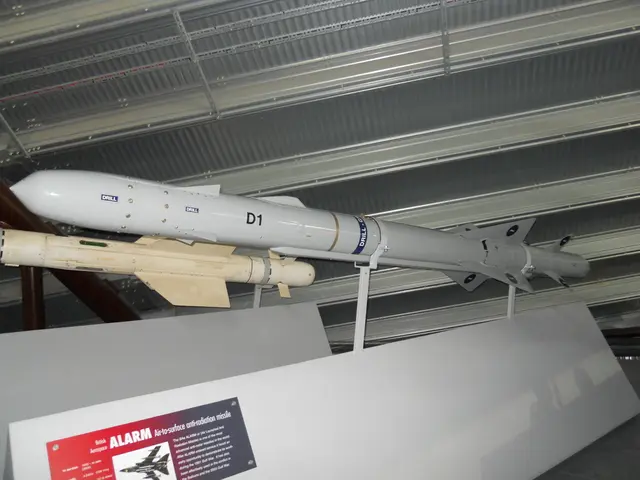Air Safety to Improve with Better Data Usage by 2025
Air safety is set to improve with better data usage, as highlighted by the mystery surrounding Malaysia Airlines Flight 370. Modern planes like Boeing's 787 generate vast amounts of data, while new jet engines capture crucial safety and performance details. However, not all countries utilise international data sources, and legacy aircraft lack connected technologies, posing challenges to air safety enhancements.
Real-time data on planes' physical conditions can help anticipate and swiftly address mechanical failures, boosting the chances of successful rescue operations. By 2025, the U.S. Federal Aviation Administration's NextGen system is expected to integrate real-time weather data into pilots' onboard decision support systems, enabling quick flight adjustments. NextGen also aims to replace old radar with GPS for precise, real-time plane location information and improved pilot situational awareness of nearby aircraft.
Four key areas where data can bolster air travel safety include preventing terrorism and crime, addressing mechanical failures, avoiding collisions, and enhancing weather-related hazard preparedness. Private airlines are now granted access to Interpol's stolen passport database, a step towards better utilisation of this resource. This database, if consulted, could have potentially prevented the use of a stolen passport on Malaysia Airlines Flight 370.
Effective use of data is vital for the future of air safety. Modernising aircraft and utilising international data sources will help anticipate and mitigate potential threats. As NextGen implementation continues, real-time data integration will further enhance safety, benefiting both passengers and crew.








